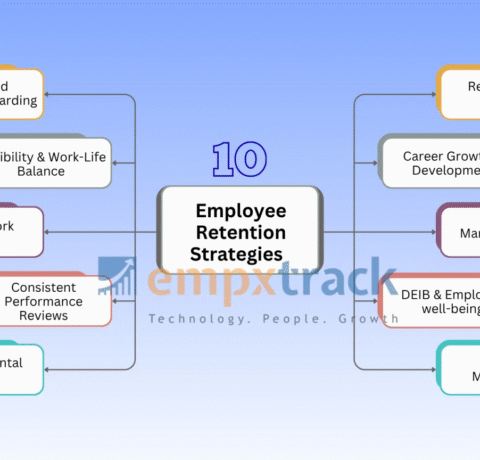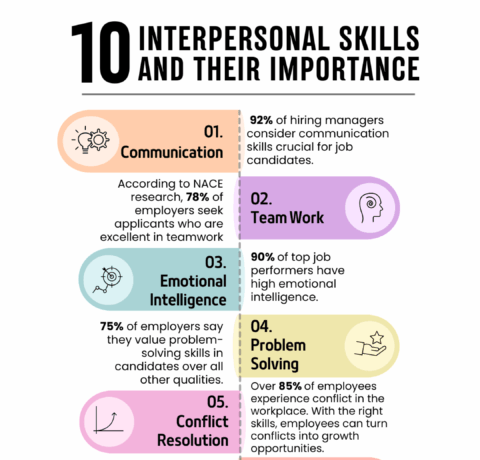9 Scientific Reasons Reading Makes You Smarter Infographic
- Improves your 'theory of mind'
Theory of mind refers to a person's ability to see outside of oneself. A person with a great theory of mind is an empathetic person.- What's the connection?
Studies found that reading fiction can help improve empathic tendencies in individuals so much so that the brain uses the same regions when you're reading a story and acting out of empathy. - Not just any kind of story
Reading literary fiction that incites a great deal of sympathy towards the characters is one of the best ways to practice one's theory of mind.
- What's the connection?
- Be more empathetic
Once in a while, readers will experience a deep sense of empathy towards fictional characters. This is because fiction allows the self to imagine other realities, allowing the reader to get in touch with other people's thoughts.
A STUDY PROVES JUST THAT
Participants were asked to guess the feelings of people only by being shown a photo of their eyes. Compared with subjects who read non-fiction books, those who read fictional books had significantly higher test scores, indicating a much higher level of empathy. - Supercharges learning and sharpens memory through imagination
Reading has always been one of the greatest tools for boosting memory and engaging the brain. But did you know that it is also great for activating the hippocampus, the area responsible for learning and memory?A study using functional magnetic resonance imaging (fMRI) showed that three-word descriptive phrases such as "a dark blue carpet" or an "orange-striped pencil" were enough to light up the hippocampus.
THE FEWER WORDS, THE BETTER
Literary fiction encourages the reader to take into consideration both what is being said and not said, and use that information to fill in the space through powerful imagination. - Improves decision making and emotional processing
Stories, written in whatever language, have the universal ability to activate key areas of the brain involved in memory and emotional processing.A study from Human Brain Mapping found that reading activates the:- MEDIAL PREFRONTAL CORTEX
(decision making and memory recall) - LATERAL TEMPORAL CORTEX
(emotional association and visual memory) - HIPPOCAMPAL FORMATION
(long term memory processing) - POSTERIOR CINGULATE CORTEX
(episodic memory recall) - INFERIOR PARIETAl LOBE
(understanding emotions and interpreting sensory data)
- MEDIAL PREFRONTAL CORTEX
- Poetry allows for effective self-reflection
Want to challenge yourself? Start reading real poetry. High poetry written by the canonical poets such as Wordsworth, Shakespeare, and Dickinson were found effective in activating the area of the brain associated with autobiographical memory.
This means poetry enthusiasts are cpable of high-levels of self-reflection. When in need of a challenge, pick up more challenging books like poetry collection. - And the same thing happens with music...
Music and poetry do the same thing to the brain. Listening to complex notes and reading high levels of prose and poetry stimulate left-sided regions of the brain responsible for introspection. - Novels allow for some serious "mind-building"
Kind of like lifting weights but this time for your brain. Ever feel like your brain is so pumped even days after you finish a novel?
Here's why
A study done at Emory University using fMRI found that the brain retains activity for as much as five days after reading a book. This "shadow activity" is similar to muscle building. Days after the activity, increases in connectivity were found in the leftangular/supramarginal gyri and right posterior temporal gyri, which are areas associated with comprehension. - Improves your vocabulary and verbal skills
Language is a living, breathing thing which means that it is constantly evolving. Certain authors write a certain way and use certain words that others won't. Reading different books is one of the best ways to discover new ways of explaining an idea or creating an image.
There is a direct correlation between good verbal skill and reading. Exposure to books can help acquire linguistic skills through vocabulary expansion. The more a person reads, the more knowledge is acquired through the material. - Slows down mental aging
Long-time reading serves as a constant mental exercise for people of all ages. Exposure to imagery, metaphors, philosophy, abstract ideas, and creativity challenges the brain to stay active, and can very well mean the difference between a healthy and happy brain from a slow one.
Here's how
A study has shown reading improves sentence processing and memory in older adults. Lifelong readers become better at comprehending sentence structures, which helps improve their comprehension and memory.







You can adjust your cookie preferences here.